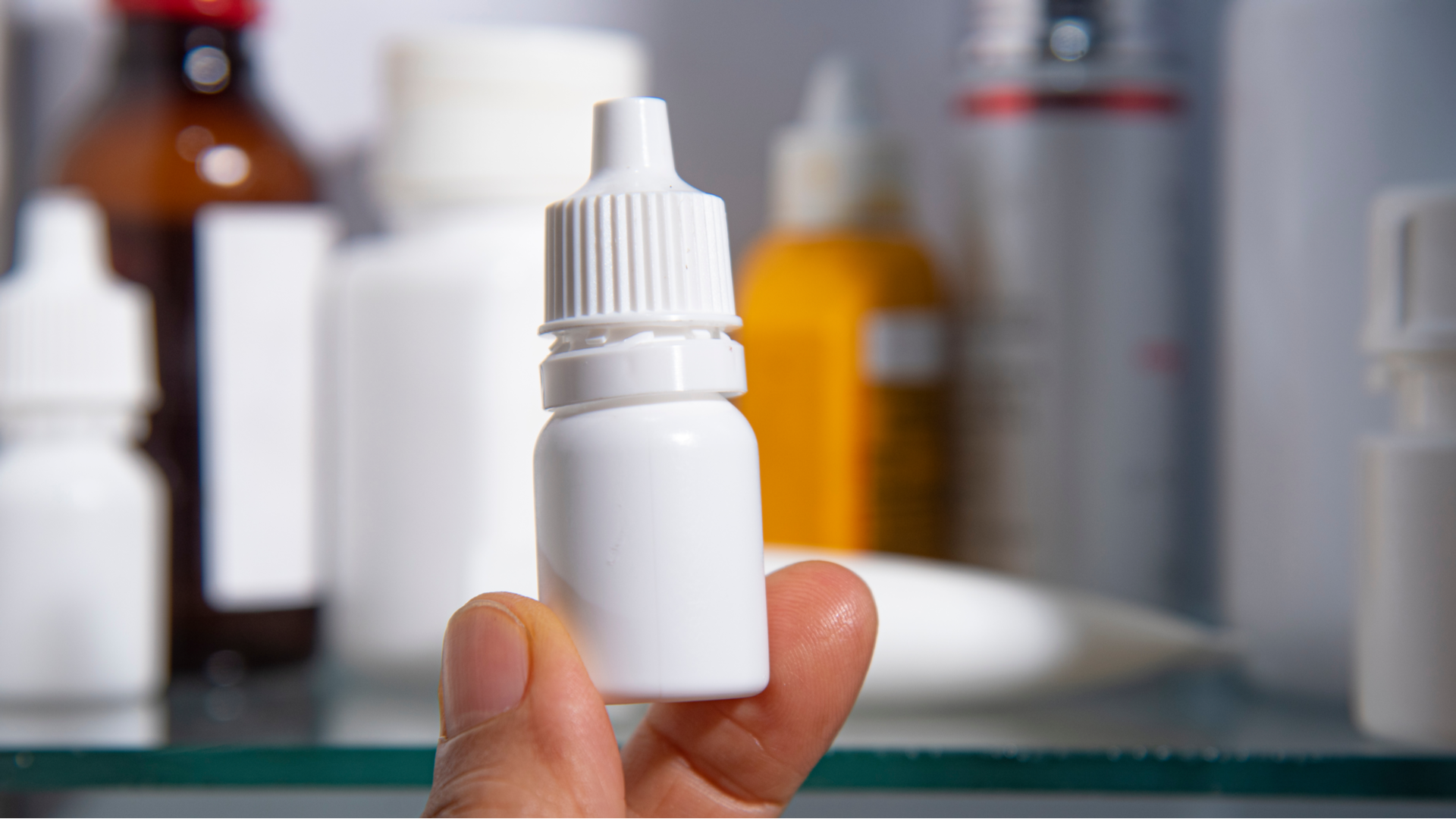- Eye drops usually expire about one to two years after the manufacturing date.
- However, once your eye drops are opened, you should throw them away after three months of use, as there is a greater risk of contamination.
- You should never use eye drops after their expiration date, or after three months of use.
- This article was medically reviewed by Jason R. McKnight, MD, MS, a family medicine physician and clinical assistant professor at Texas A&M College of Medicine.
- This story is part of Insider’s guide to Seasonal Allergies.
Eye drops are saline-based solutions with added medicines in them. Some eye drops can reduce redness or lubricate the eyes to minimize dryness, while others are meant to relieve itchiness from allergies.
There’s no one-size-fits-all eye drop, just like there’s no universal length of expiration. Generally, the expiration date is listed about one to two years after the date of manufacturing, but even the Food and Drug Administration says that this number can be arbitrary.
Here’s what you need to know about eye drops and when they expire.
Yes, eye drops do expire – here’s why
Each type of eye drop will have a unique expiration date, and the ingredients will influence that date.
In Clear Eyes Redness Relief eye drops, for example, the active chemical ingredients of glycerin (the lubricant) and naphazoline hydrochloride (the redness reliever) eventually break down, meaning they'll be less effective and safe.
Over time, these chemicals could degrade and change into potentially harmful compounds, says Jaclyn Haugsdal, MD, a vision and eye care expert at the University of Iowa Hospitals & Clinics.
In addition, many eye drops contain preservatives to help them last longer and stave off germ contamination. Most eye drops with preservatives will have an expiration date of at least one year after manufacturing, according to the American Academy of Ophthalmology (AAO).
It's generally safe and effective to use these eye drops until their expiration date. However, the AAO says that if you've already opened the eye drops, they may have a much shorter shelf life, and you should throw them away three months after opening - even if it's before expiration.
That's because after opening eye drops, the exposure to oxygen can accelerate the degradation of chemical ingredients and cause the solution to weaken.
Eye drops without preservatives (usually coming in single-use vials) should be thrown out 24 hours after opening. These are generally meant for one time use.
Is it safe to use expired eye drops?
The expiration date indicates when the eye drops are no longer guaranteed to be effective or sterile, says Vivian Shibayama, OD, an eye and vision care expert at UCLA Health.
"I wouldn't use opened or unopened expired medications," Shibayama says.
Because the preservatives keeping the eye drops sterile have weakened over time, germs could contaminate the bottle after opening and cause eye infections, she says.
The chemical breakdown of other materials could also irritate your eyes. Other risks of using expired eye drops include redness and blurry vision due to the irritation from broken down chemicals, says Haugsdal, which is why she doesn't suggest using expired eye drops.
Avoid keeping eye drops in your car, pocket, or in direct sunlight, as high heat and light can degrade the chemical compounds in the drugs. A good way to know if eye drops are no longer good is if they look cloudy or change color in any way.
Overall, the general recommendation for eye drops is as follows, according to the AAO:
- Discard eye drops three months after opening, as they could be contaminated
- If unopened, use the medication up to the expiration date, and discard after
